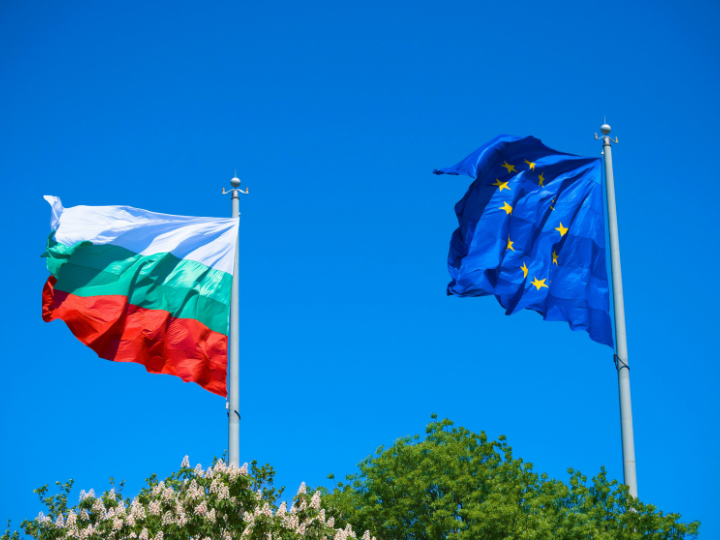by Georgi Gotev
Bulgaria, which is on the verge of joining the eurozone, decided not to seek final approval from the European Central Bank in a surprise move that reflected divisions within the ruling coalition.
Finance Minister Temenuzhka Petkova announced on Thursday that she would not ask the European Commission and the ECB for an extraordinary convergence report on the country’s readiness to join the eurozone.
Bulgaria’s entry into the eurozone has never seemed so close. Apart from meeting the unemployment and debt-to-GDP criteria, the only benchmark Bulgaria does not meet is the inflation criterion, although progress has been made in recent months.
At a briefing after a cabinet meeting, Petkova said she would not ask for the report until the country fully meets the inflation criterion.
"Bulgaria still does not meet the price stability criterion by 0.1 percentage points. This is an extremely small shortfall, but we will submit a request for a convergence report the moment we fully meet this criterion," she told journalists.
Bulgaria’s average annual inflation for 2024 is 2.6%, while the level the country needs to meet to join the eurozone is 2.5%, according to data published by Eurostat.
Many analysts expected that despite this minimal difference, the country would request an extraordinary report from the EC and the ECB, and it is possible that the two institutions would show flexibility, as they did two years ago when they accepted Croatia into the eurozone.
The decision not to ask for final approval seems to reflect divisions in the ruling coalition.
Bulgaria formed a government last week however, the coalition members are divided on many issues, including the timing of the country’s entry into the eurozone.
While former prime minister Boyko Borissov’s GERB party, the coalition’s senior partner, supports rapid eurozone entry, the junior partners, the Bulgarian Socialist Party and Slavi Trifonov’s People’s Party, say, “Bulgaria should join the euro when it is ready.”
Public opinion in Bulgaria is divided over the introduction of the euro. Many fear that prices will skyrocket despite communication efforts to explain that such a risk is minimal.
Meanwhile, the coalition must decide on more pressing issues, such as the state budget. Petkova said that the draft budget was based on the assumption of a 3% deficit to meet the requirements for joining the eurozone.
*first published in: Euractiv.com




 By: N. Peter Kramer
By: N. Peter Kramer
